What is a spot ETH ETF: is an Ethereum ETF approval next?
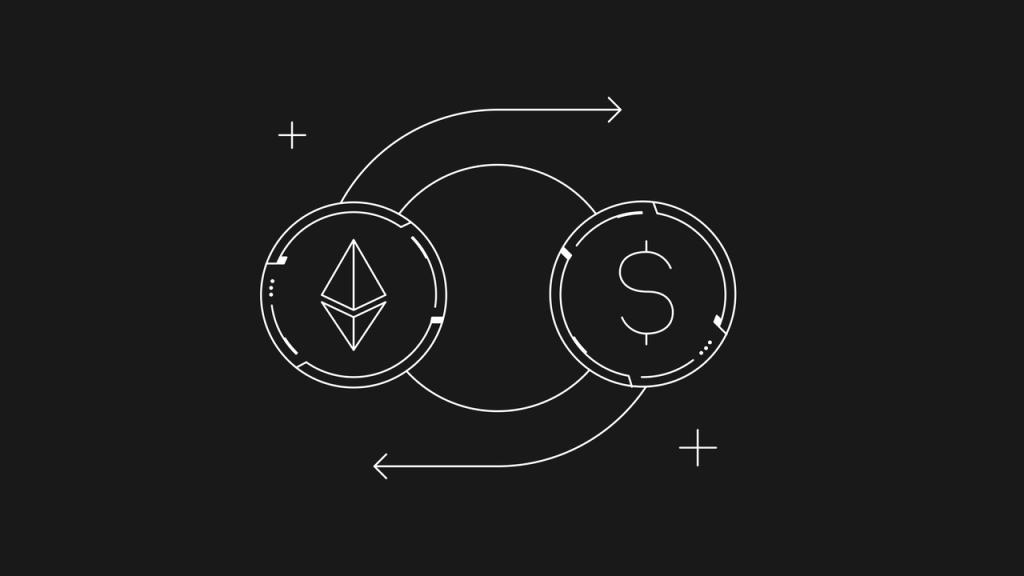

As the excitement of BlackRock's spot Bitcoin ETF builds, we're seeing increased speculation about what crypto-themed exchange-traded fund (ETF) will be next. Chief among these rumors is how a spot Ether (ETH) ETF might be next given its popularity among institutions and retail traders. As the cryptocurrency with the second-highest market cap in the crypto space, a spot ETH ETF may certainly be on the cards once the spot BTC ETF is fully approved by regulators. Curious about the likelihood of a spot ETH ETF coming to fruition? From understanding what a spot ETF is to highlighting the pros and cons of trading a spot Ether ETF, here's everything you'll need to know when it comes to navigating through the volatility accompanied by the possibilities of a spot Ether ETF announcement.
What is Ethereum?
Conceived in 2013, Ethereum is a popular decentralized blockchain platform with smart contract utility. It revolutionized the crypto world by introducing self-governing smart contracts, allowing users to create and execute automated agreements. Ethereum's ecosystem thrives on the Ether (ETH) cryptocurrency, which acts as a fee for transactions and powers a diverse range of decentralized applications (DApps) like DeFi lending platforms and NFT marketplaces. These DApps operate without a central authority, opening up new possibilities across various fields.
Why is Ethereum so popular?
Among the various altcoins in the crypto space, Ethereum shines as a particularly captivating ecosystem for both retail and institutional crypto traders. Given its decade of growth and influence within the crypto space, Ethereum has certainly stood the test of time as it stands shoulders above other altcoins that were conceived in the early 2010s. As the first platform to pull off smart contracts without a hitch, Ethereum has achieved numerous feats that include introducing the first-ever NFT standard in 2018 and making a full transition from Proof of Work to Proof of Stake as part of the Ethereum Merge. These milestones combined with the fervent Ethereum community and extensive number of DApps in the Ethereum ecosystem make Ethereum a powerhouse in the crypto space.
Now that we understand what Ethereum is and why it's so popular, let's dive into the fundamentals of a potential spot ETH ETF.
What is a spot ETH ETF?
Also known as a physically-backed Ether ETF, the spot ETH ETF resembles traditional exchange-traded funds, where institutions managing the ETF commit to purchasing ETH and holding ETH in their reserves. The ETF is then listed on a traditional stock exchange and issues shares representing ownership of the ETF. This effectively means traders gain exposure to the underlying ETH held in the institution's reserves when trading the spot ETH ETF.
One key thing to take note of when trading the spot ETH ETF is that owning shares of a spot ETH ETF doesn't directly grant ownership of individual ETH tokens held by the institution. Shareholders hold claims on the value of the ETH holdings, not the Ether itself. Additionally, while institutions hold the underlying ETH, they may utilize various strategies to manage it, such as lending it out or using it for staking, to potentially generate additional returns for the ETF.
Who is the spot ETH ETF for?
Many believe that the spot ETH ETF will be perfect for TradFi traders who are used to trading stocks and ETFs on traditional brokerages. While directly trading Ether has its charm, it's not for everyone given the inaccessibility and numerous barriers to entry that cryptocurrencies are known for. That's where spot ETH ETFs comes in. As setting up wallets, navigating exchanges, and managing private keys can sometimes feel alien and complex, spot ETH ETFs will ease traders who are more familiar with TradFi in gaining exposure to ETH. By trading spot ETH ETFs, traders with little to no experience in crypto can gain convenient exposure to ETH's price movements without needing a cryptocurrency wallet or dealing with the intricacies of directly buying and storing ETH.
How does a spot ETH ETF work?
Confused about how a spot ETH ETF works? Think of the spot ETH ETF as a pool where traders contribute funds to buy ETH. This pool then tracks the price of Ether by holding the coins directly. When the price of Ethereum rises, the value of the ETF shares goes up proportionally, and vice versa. This is distinct from ETH futures-based ETFs, which track ETH's price through derivatives like ETH futures without holding the underlying asset.
To keep pace with the constantly fluctuating price of ETH, the ETF manager works behind the scenes to monitor the market and adjust the ETF's ETH holdings as needed. This typically involves creation and redemption units, which are large blocks of shares exchanged for the underlying Ether. This delicate balancing act aims to ensure your ETF shares accurately reflect the real-time market value of Ethereum, though slight differences can occur due to factors like trading costs and rebalancing schedules.
Advantages of trading spot ETH ETFs
Lowering the barrier to entry to gaining crypto exposure
As mentioned above, crypto can be hard to get into because of the numerous points for potential friction that will deter anyone new to crypto trading. This can range from fumbling during the Know Your Customer process to choosing the right spot pair to trade the crypto you want. With the spot ETH ETF, traders who already have trading accounts with established TradFi brokerages can simply look up the ticker for the spot ETH ETF and trade it as they normally would with any other forex pair or stock.
Being open to institutional traders
If a spot ETH ETF gets approved, trading ETH will become even more accessible from an institutional perspective. As institutions like pension funds and asset managers may have specific regulations that prevent them from trading Ether and other coins directly, smart money has long been barred off from gaining exposure to cryptocurrencies. With a spot ETH ETF, they might have a better chance of being allowed to trade it as it's an SEC-approved trading vehicle.
New ways to trade ETH
On top of traders buying and selling shares of spot ETH ETFs, traders can also consider alternative methods of trading spot ETH ETF shares. This can range from short-selling it to the downside if they're intending to hedge their overall portfolio or are bearish about Ether to executing options strategies like covered calls to generate additional gains on their spot ETH ETF holdings. Such alternatives will inject a fresh amount of liquidity into the crypto market as more traders gain exposure to Ether through trading the spot ETH ETF.
Disadvantages of trading spot ETH ETFs
ETF expense ratios
For those new to trading ETFs, one thing to take note of is expense ratios, which measures how much of a fund's assets are used for administrative and other operating expenses. While the exact ratio is yet to be known since no spot ETH ETFs have been approved as of the time of writing, we can take Bitcoin futures ETFs for reference. The ProShares Bitcoin Strategy ETF has an expense ratio of 0.95%. This is considerably higher compared to other ETFs and mutual funds like the Vanguard S&P 500 ETF, which has an expense ratio of 0.03%. As this is an annualized fee that compounds over the length of time that traders hold the ETF, overall gains earned from trading the spot ETH ETF will definitely be impacted.
ETH ownership
As previously mentioned, share traders technically don't own the Ether since it's managed by the spot ETH ETF manager, who could potentially be lending out or staking the ETH for extra yield. This brings into question concerns of true ownership, since "not your keys, not your coins" is a mantra that many crypto natives swear by. This could be a major concern if the ETF liquidates its assets and closes down the line.
The limitation of regular trading hours
Crypto markets are famous for being available 24 hours a day, seven days a week. Unfortunately, the same can't be said about spot ETH ETFs, whose shares are subject to the regular trading hours of when a typical stock market opens and closes. Due to this limitation, traders could potentially miss out on potential opportunities during times when the stock market is closed.
Is a spot ETH ETF approval coming?
As the spot BTC ETF is close to getting approved, bullish ETH traders can't help but wonder when a spot ETH ETF might be available for trading. This speculation further intensified when institutions like BlackRock and ARK Invest proceeded to officially file for spot ETH ETF approvals. Unfortunately, the Securities and Exchange Commission has put these expectations to a halt as they've recently delayed its decision to May 2024. While this might've dampened the hopes of spot ETH ETF traders, many are still holding onto the hope that the spot BTC ETF approval will set a precedent for the crypto scene and lead to the eventual approval of many more spot crypto ETFs.
Should you buy Ether instead?
Although spot ETH ETF shares may offer convenience that's considered useful for traders, the truth is that owning spot ETH ETF shares differs greatly from owning Ether directly. That raises the question — why not just buy ETH itself? To dissect this question further, it's important to consider your priorities and goals as a trader. If you're a trader that's inexperienced with trading crypto and simply want exposure to Ethereum, trading spot ETH ETF shares may be perfect for you. However, if you're a trader that prioritizes ownership and freedom to trade at whatever timing, then the spot ETH ETF might not be suitable for you.
Final words and next steps
Spot ETH ETFs offer a compelling bridge between the allure of Ethereum and the familiarity of TradFi. Its availability as an option for traders represents a significant step forward in making Ethereum accessible to a wider audience. By simplifying access to crypto and allowing for diversification of trading portfolios, the spot ETH ETF opens the world of crypto to a whole new audience. Although trading shares of the spot ETH ETF comes with its own set of risks and disadvantages, it undoubtedly has its popularity among traders with specific trading preferences.
Keen to give trading Ether directly a go? Check out our ETH spot trading pairs and ETH price page for more information.
Frequently Asked Questions about spot ETH ETFs
Is a spot ETH ETF the same as a spot BTC ETF?
While both spot ETFs are tracking the price of their respective cryptocurrencies, they're similar in that they're spot ETFs that'll hold actual ETH and BTC should the ETFs be approved. This will impact their overall price action as compared to futures ETFs, which deal with derivatives of the cryptocurrencies instead of the actual coin.
Can I lose money with a spot ETH ETF?
As with any crypto trade, this could definitely happen. Since the price of Ether is volatile, your ETH ETF shares can go down in value as the ETF is meant to track the price of ETH.
How do I choose the right spot ETH ETF?
When comparing among the different ETH ETFs, it's key to consider factors like expense ratios, underlying ETH holdings, and assets under management.
What happens if the SEC rejects spot ETH ETFs?
If rejected, it could delay wider adoption but wouldn't necessarily eliminate the possibility of future approval. If you're planning to trade ETH based on this, it's important to stay informed about regulatory developments.
Can I just buy Ether instead of the spot ETH ETF?
Yes, you might find buying ETH more convenient if you're already a crypto native. In our opinion, the spot ETH ETF has a different target audience and makes it easier for TradFi traders to gain exposure to the Ethereum ecosystem.

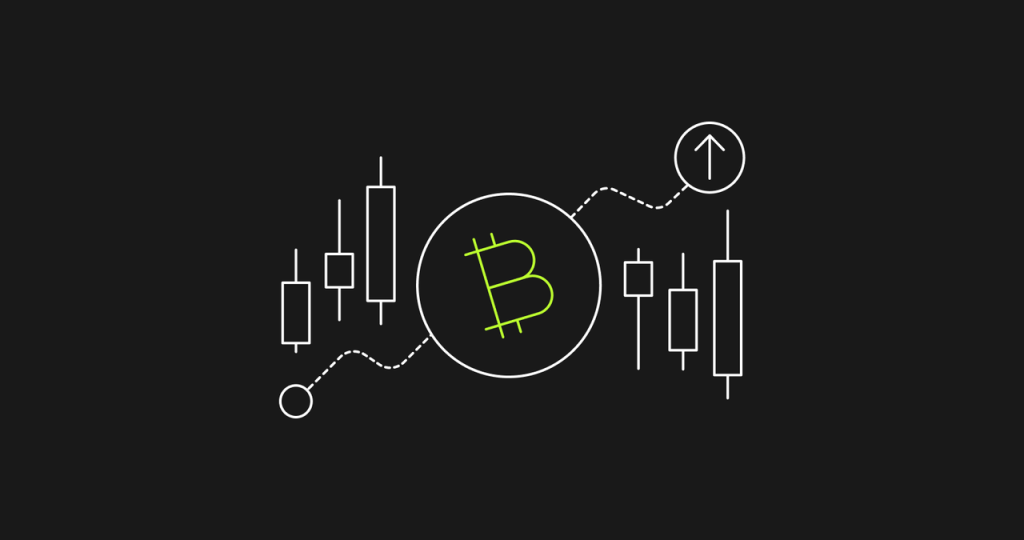
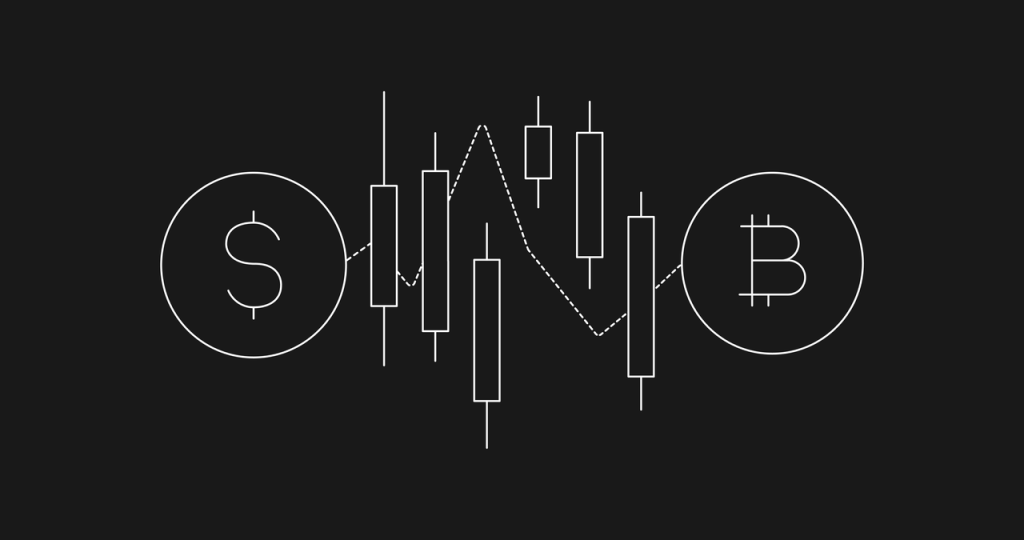
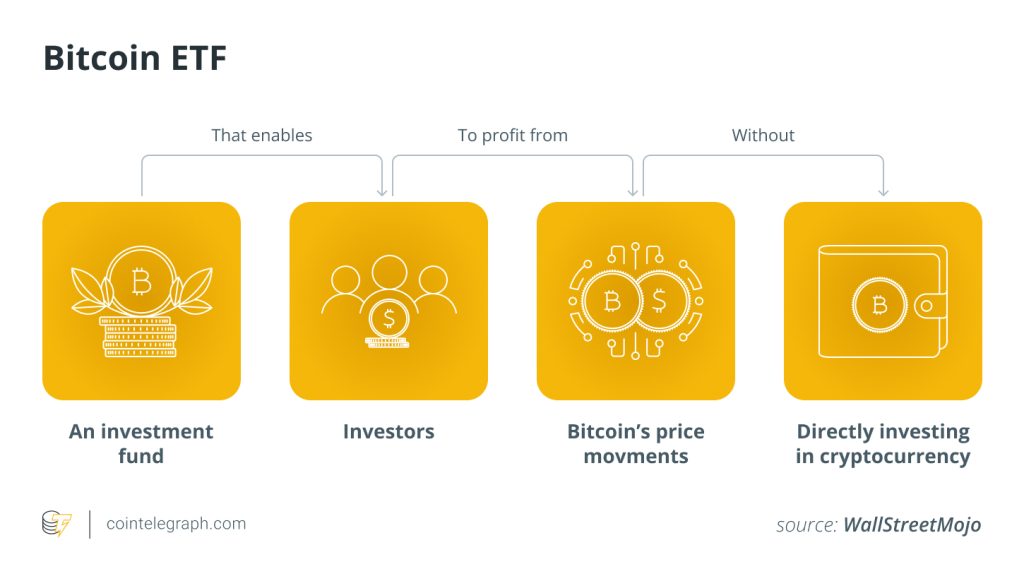

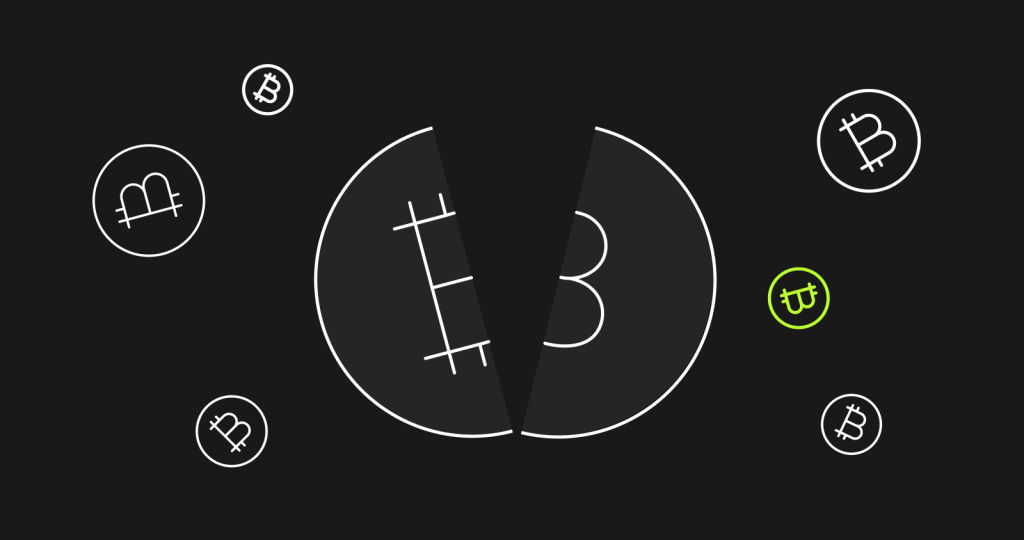
… [Trackback]
[…] Find More to that Topic: x.superex.com/academys/trading/1649/ […]
… [Trackback]
[…] Info to that Topic: x.superex.com/academys/trading/1649/ […]
… [Trackback]
[…] Find More here on that Topic: x.superex.com/academys/trading/1649/ […]
… [Trackback]
[…] Read More to that Topic: x.superex.com/academys/trading/1649/ […]
… [Trackback]
[…] Here you can find 48719 additional Information on that Topic: x.superex.com/academys/trading/1649/ […]
… [Trackback]
[…] Info on that Topic: x.superex.com/academys/trading/1649/ […]
… [Trackback]
[…] Find More to that Topic: x.superex.com/academys/trading/1649/ […]
… [Trackback]
[…] Find More on that Topic: x.superex.com/academys/trading/1649/ […]
… [Trackback]
[…] Information on that Topic: x.superex.com/academys/trading/1649/ […]
… [Trackback]
[…] Info on that Topic: x.superex.com/academys/trading/1649/ […]
… [Trackback]
[…] Find More on that Topic: x.superex.com/academys/trading/1649/ […]
… [Trackback]
[…] Information on that Topic: x.superex.com/academys/trading/1649/ […]
… [Trackback]
[…] There you can find 36051 additional Information on that Topic: x.superex.com/academys/trading/1649/ […]
… [Trackback]
[…] Here you will find 88002 more Info on that Topic: x.superex.com/academys/trading/1649/ […]
… [Trackback]
[…] There you will find 26579 additional Information to that Topic: x.superex.com/academys/trading/1649/ […]
… [Trackback]
[…] Read More to that Topic: x.superex.com/academys/trading/1649/ […]
… [Trackback]
[…] Find More on on that Topic: x.superex.com/academys/trading/1649/ […]
… [Trackback]
[…] Read More Information here on that Topic: x.superex.com/academys/trading/1649/ […]
… [Trackback]
[…] Information on that Topic: x.superex.com/academys/trading/1649/ […]
… [Trackback]
[…] Read More Info here to that Topic: x.superex.com/academys/trading/1649/ […]
… [Trackback]
[…] Find More to that Topic: x.superex.com/academys/trading/1649/ […]
… [Trackback]
[…] Read More to that Topic: x.superex.com/academys/trading/1649/ […]